[Opinion] Recent book bans get in the way of student’s receiving a modern education
Florida legislature has placed a ban on books pertaining to certain topics like LGBTQ+ or people of color. The overall ban of these books is causing students to read less in school.
February 8, 2023
In almost every classroom, teachers use different texts in an effort to help reinforce their student’s knowledge on a variety of subjects. Reading books is extremely important in school and is one of the most valuable forms of education. However, recent book bans have undermined student’s ability to learn by prohibiting access to numerous modern books.
Modern books should have a place in the classroom because they showcase important and timely issues that are currently affecting our generation. Focusing on reading modern books in class rather than older “classic” books would enable students to read about the conflicts in their own lives. On the other hand, older books are out of touch with our current generation.
Classics are typically great pieces of writing. Shakespeare, F. Scott Fitzgerald and Ernest Hemigway are all talented writers and have much to offer in the classroom. In ‘Great Expectations’ by Charles Dickens, we learn about ambition and self-improvement. In ‘Pride and Prejudice’ by Jane Austen we learn not to make snap judgments. Though these are all important lessons to learn, books written today are more fitting for the lessons and anecdotes adolescents today should learn. Modern books teach us lessons like accepting all people.
To study literature and writing style, these famous authors and their works are extraordinary. However, to experience representation of today’s issues and lifestyles students should be studying modern books in classrooms as well. Authors today create books that relate to members of the LGBTQIA+ community and people of color. Both of which lack representation within the classics.
The problem with implementing modernized literature in classrooms is that so many of them are banned. School district committees are banning more and more books every year. Florida law allows school districts to ban any books deemed “inappropriate for the grade level and age groups for which the material is used.” Students deserve the right to read an array of books, but all the bans have cut off their opportunity to do so.
One of these books is ‘All Boys Aren’t Blue’ written by George M. Johnson. The book is a memoir of Johnson’s life. He talks about everything from being bullied at the age of five to his first relationship. The book is about growing up Black and queer. The book was banned for its LGBTQIA+ content and for being sextually explicit.
This happens more often than one would think, the past couple years, 29 Florida schools have banned books that reference the LGBTQIA+ community. The banning of Johnson’s book is a perfect example of book banning standing in the way of giving students a modern education that could be used to bring representation into the classroom.
An additional book that was banned is ‘I am Jazz’ written by Jazz Jennings and Jessica Herthel. The book has been challenged and banned from school libraries in Palm Beach, FL for LGBTQIA+ content, for having a transgender character, and for confronting a topic that is sensitive, controversial and politically charged.
The book is based on the real-life experience of one of its authors, Jazz Jennings who came out as transgender when she was a child. While Jennings was born biologically male, she soon realized that she did not identify with this gender and started to go by Jazz. Jennings has since become a spokesperson and idol for the transgender community.
Her book displays representation of a community not written or talked about often. The entire transgender community deserves representation in the form of literature. Banning these books from schools is taking away one of the few books transgender teens can relate to. Studying this book in class could not only give transgender students a lesson they can relate to, but can open the eyes of students who may not know much about the community. 41 percent of books banned in the U.S. are because of LGBTQIA+ content. The 647 titles were stripped from school libraries and classrooms.
America is a beautifully diverse place, filled with tons of different people. Yet, many of these different people aren’t depicted in classic novels. Now, it’s not always the author’s fault;, back then topics like homosexuality and gender weren’t often talked about. We’ve grown as a civilization. People are free to be who they are.
Our English education should match the progress we’ve made. In a country of diversity, our English curriculum is still centered toward the view of the straight, white, male. If school district committees could understand that we desire to learn about the world and the people in it today, they could stop stripping our bookshelves of the very books that provide us that representation. We deserve to enjoy books filled with representation, diversity and modern issues. That can’t happen until school district committees stop banning all of them.

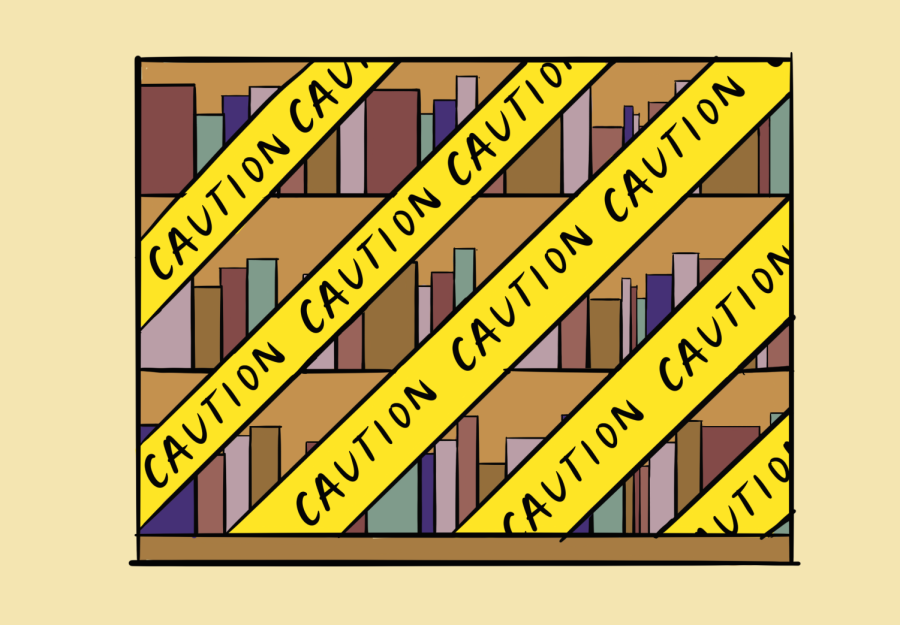
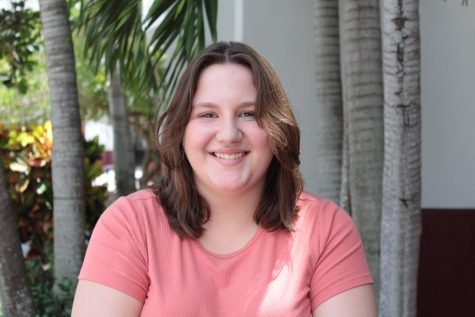
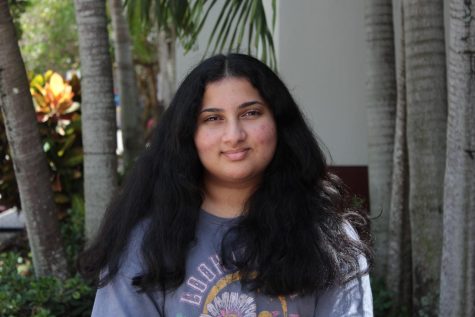



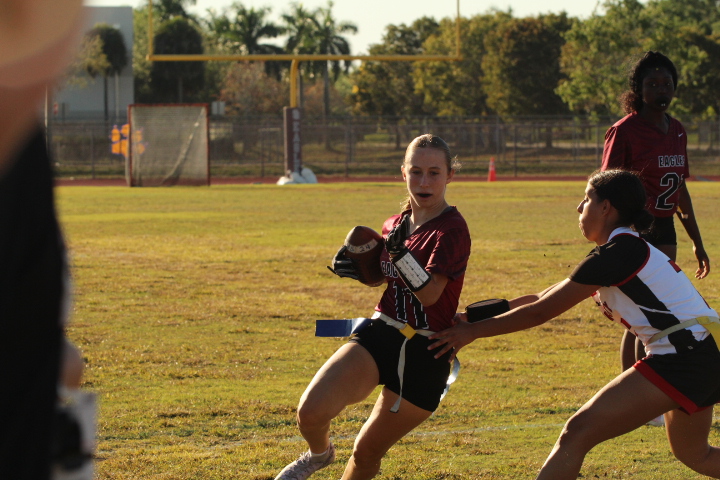
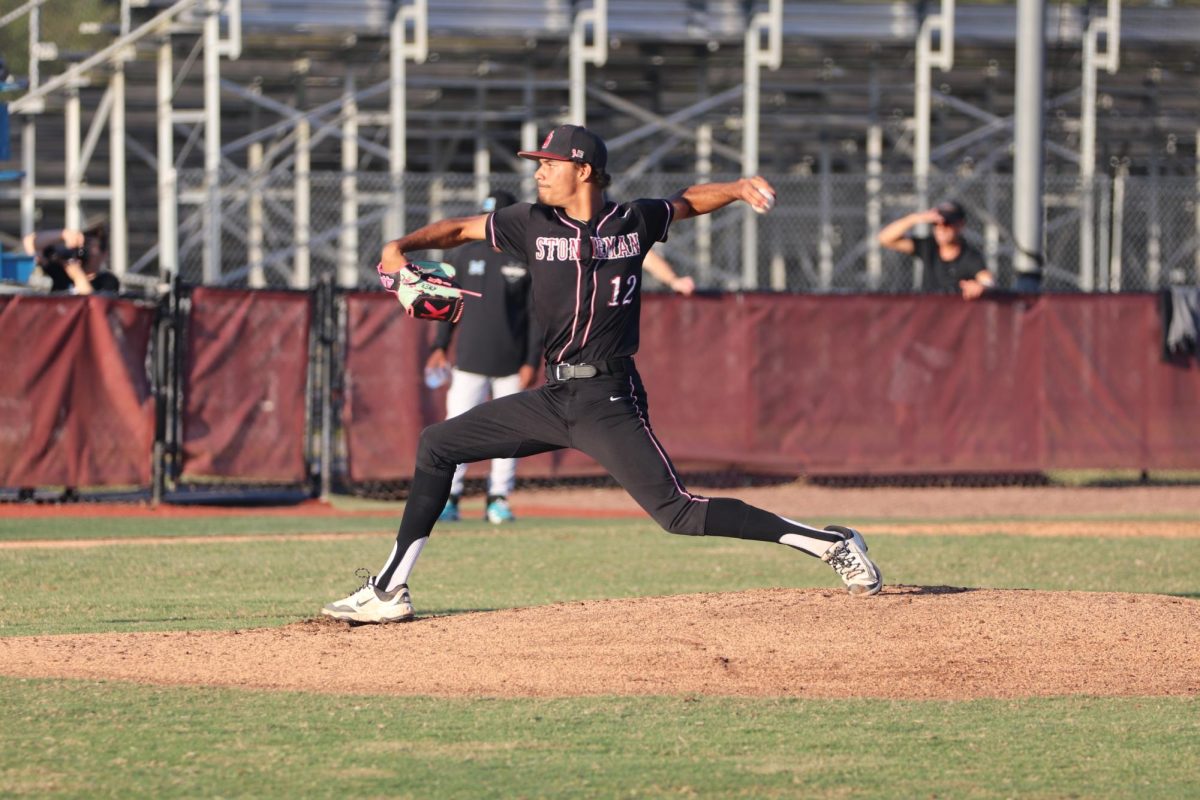
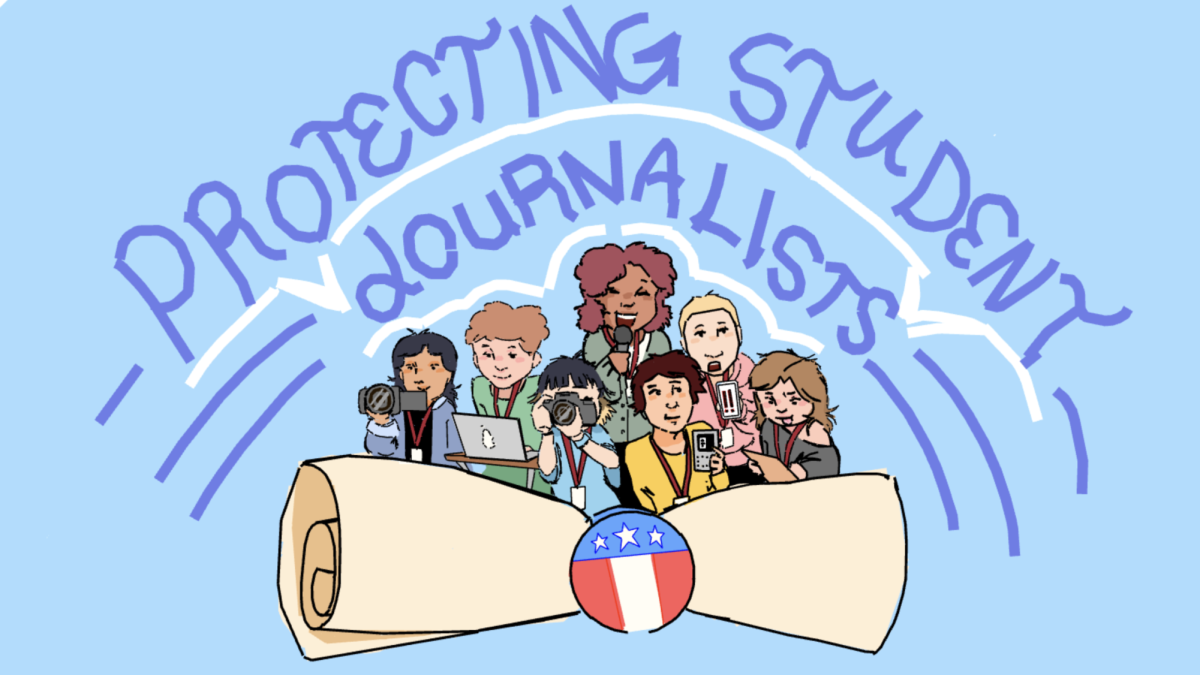
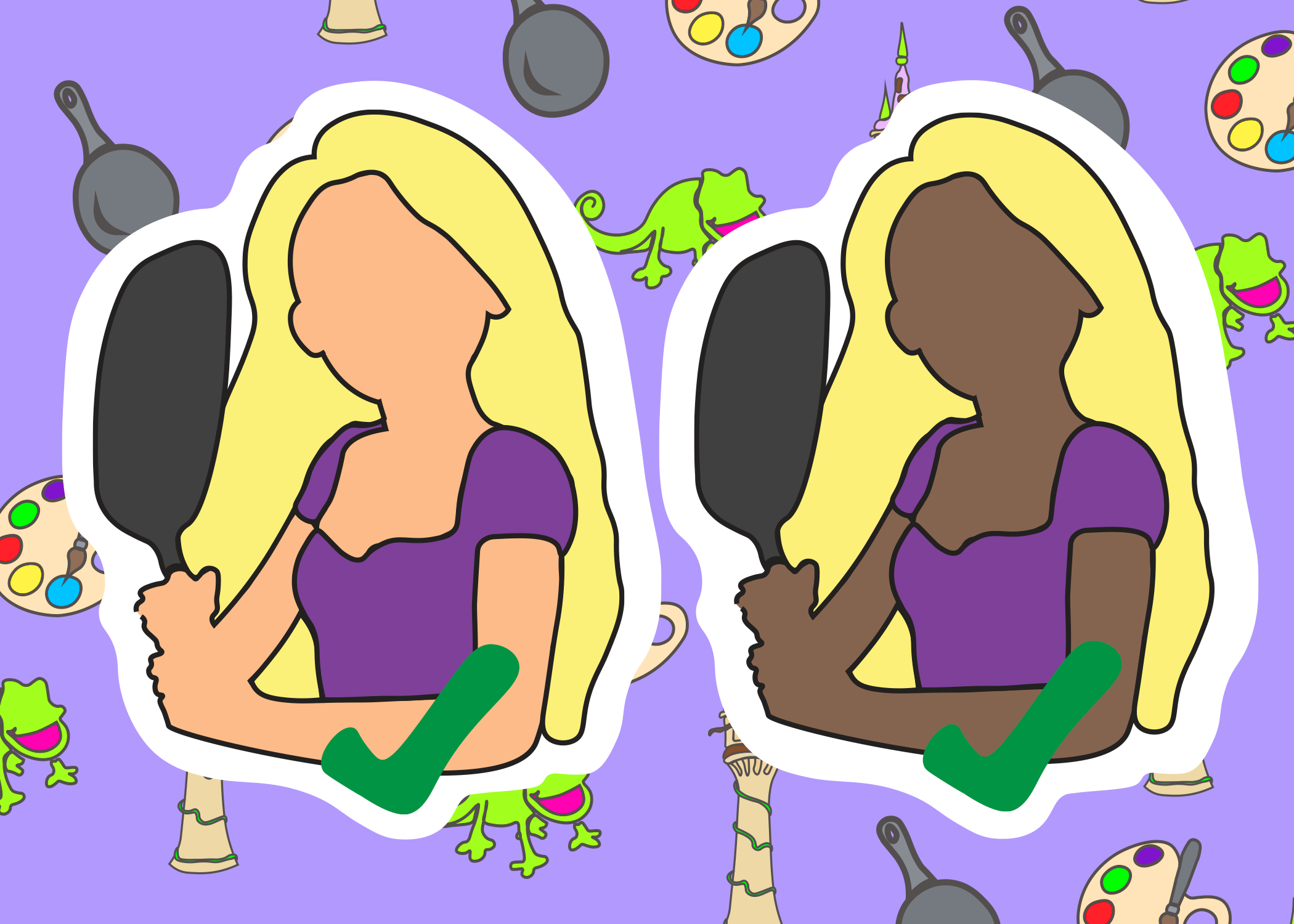

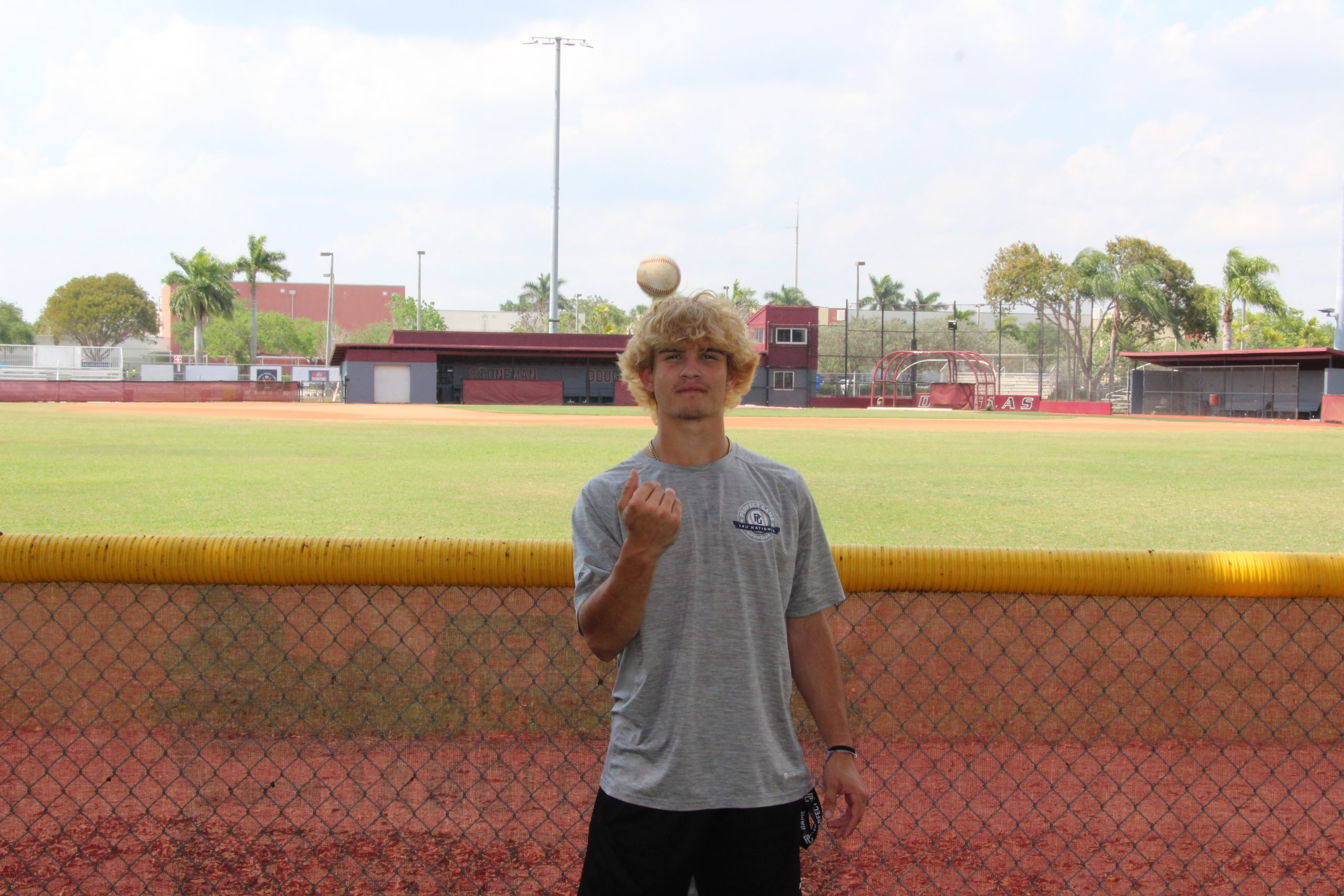

Daniel Gascon • Feb 15, 2023 at 7:44 pm
I know, these agendas are what makes censorship its finest. The 1st amendment states that we have freedom of expression. What place is this? Is this China where they explicitly censor anything “disloyal to the state?” I am also, like you students, a United States citizen with free speech rights that these bureaucrats are infringing upon. America will be free as a nation if these books get unbanned and part of our classes to fully expose students to what our world is rather than only what politicians want us to see.
Kathryn • Feb 14, 2023 at 7:40 pm
Lily,
This is a very good writing about the present day challenges in Florida created by politicians.
Kathryn
(Florida educator, 43 years)